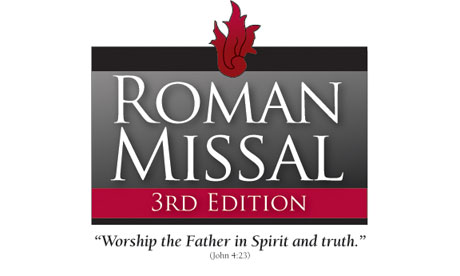In the big tent we like to believe the church is, we recognize that tensions exist, that viewpoints differ and that different groups approach the Gospel imperative from different sets of priorities. Tensions exist within any big family, and disagreements too are part of family life. In the best of circumstances disagreements can be learning experiences, chances to grow as a family.
Because of our belief in one family in this big tent, we are loath to characterize disagreements as battles. Battles have winners and losers, and no one in the family should be known as a loser. (Historically, losers in church battles have been called schismatics and that is not a nice word to use among family.)
Yet the first Sunday in Advent, when we are gathered around the eucharistic table — what should be the greatest sign of our unity — many of us will feel depressed. We will feel like losers when we hear not the words that Jesus’ blood “will be shed for you and for all” but that Jesus’ blood “will be shed for you and for many.”
This Sunday, Roman Catholics will use for the first time the third edition of the English-language version of the Roman Missal. The change from “for all” to “for many” is just one example of a multitude of changes we will hear and cringe at as we pray our way through this new liturgical year. The absence of even an attempt at inclusive language will hurt many in the congregation. Many of us will feel like a battle has been lost.
The scrimmages of this battle have been fought at many levels, from bishop conferences to parish halls. The official Vatican translators themselves have objected to heavy-handed edicts imposed from above. Resigning from the chairmanship of the music committee of the International Commission on English in the Liturgy (ICEL) in February, Benedictine Fr. Anthony Ruff wrote:
The forthcoming missal is but a part of a larger pattern of top-down impositions by a central authority that does not consider itself accountable to the larger church. When I think of how secretive the translation process was, how little consultation was done with priests or laity, how the Holy See allowed a small group to hijack the translation at the final stage, how unsatisfactory the final text is, how this text was imposed on national conferences of bishops in violation of their legitimate episcopal authority, how much deception and mischief have marked this process — and then when I think of Our Lord’s teachings on service and love and unity … I weep.
Continue reading Making do with a faulty translation
Image: Diocese of Saginaw
Additional readingNews category: Features.




